DIY on a Dime? Top Tips for Finding Affordable, Quality Tools
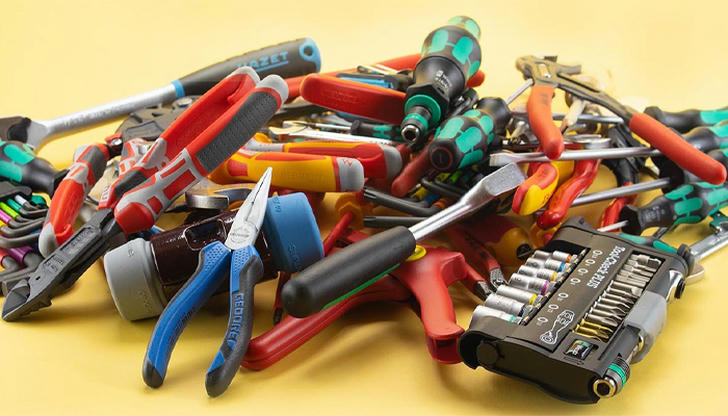
Equipping yourself for DIY projects can be daunting. The fear of emptying your wallet shouldn't hold you back from the satisfaction of completing a project yourself. Here's a breakdown of strategies to find tools that fit your budget without sacrificing performance.
1. Prioritize value over price
Don't get lured in by the cheapest option on the shelf. A slightly more expensive tool might be made from superior materials. Imagine a sturdy hammer with forged steel (think extra strength) compared to a lightweight hammer that might bend after a few swings. Consider these factors when evaluating value:
Material Quality: Look for tools constructed from high-grade steel for durability. Comfortable, non-slip grips make a big difference during extended use – a blister can quickly turn a fun project into a chore.
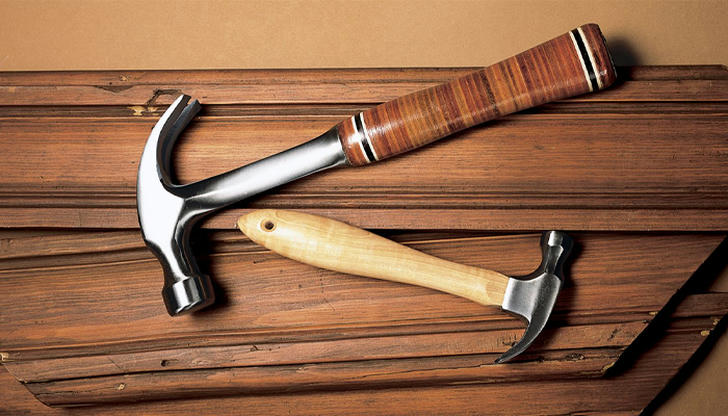
Functionality: Does the tool offer the features you need? A multi-tool with interchangeable bits can replace several individual screwdrivers, saving you money and space in your toolbox.
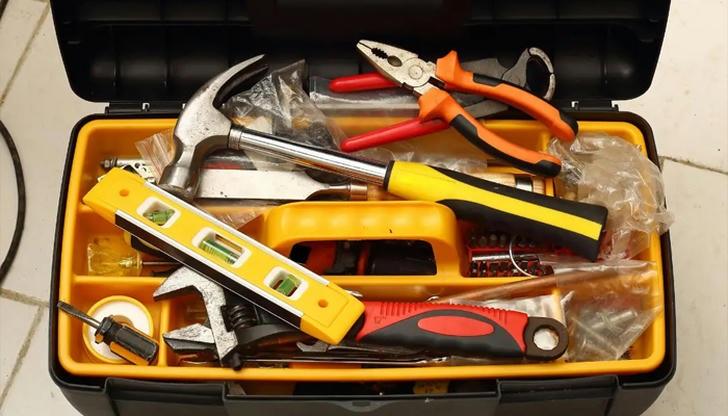
Warranty: A longer warranty often signifies the manufacturer's confidence in the tool's durability. It provides peace of mind knowing you're protected against unexpected defects.
2. Explore lesser-known brands for savings.
Popular brands can come with a hefty price tag simply for the brand name. Don't be afraid to venture beyond the familiar. Here are some excellent alternatives:
Mid-Range Brands: Consider brands like Craftsman, Kobalt, or Husky. These brands offer a good balance of affordability and quality, often exceeding expectations.
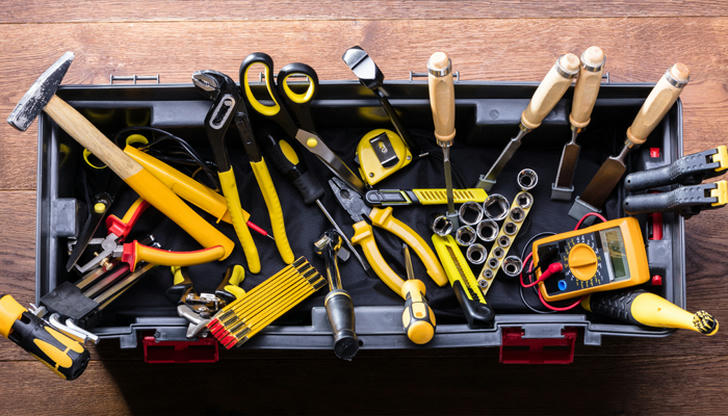
Store Brand Tools: Many hardware stores and home improvement centers offer their own lines of tools. These can be surprisingly good, with warranties and features comparable to more established brands. It's always worth checking out what your local store has to offer.
Online Marketplaces: Online retailers like Amazon offer a wider selection of lesser-known brands with competitive pricing. Do your research! Read reviews from other users and compare specifications before purchasing.
3. Savings are possible, but choose wisely.
Discount stores like Harbor Freight and Tractor Supply can be treasure troves for budget-conscious tool hunters. However, exercise caution:
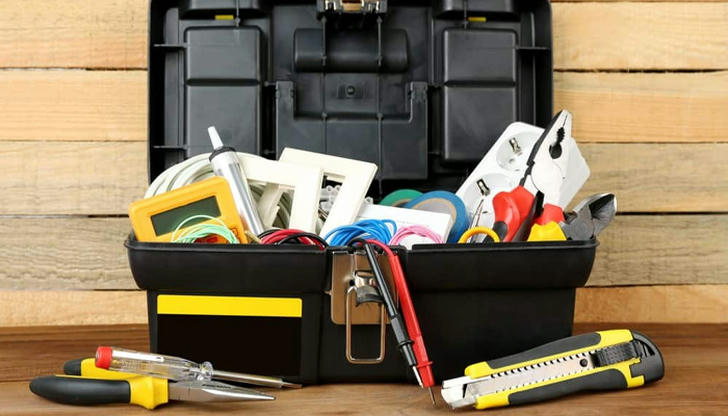
** Scrutinize Quality:** Extremely cheap tools might be tempting, but their durability can be questionable. Read reviews from other users and look for tools with decent warranties.
** Focus on Simple Tools:** Discount retailers often excel with basic tools like hammers, screwdrivers, and wrenches. Look elsewhere for more specialized tools that you might only use once or twice.
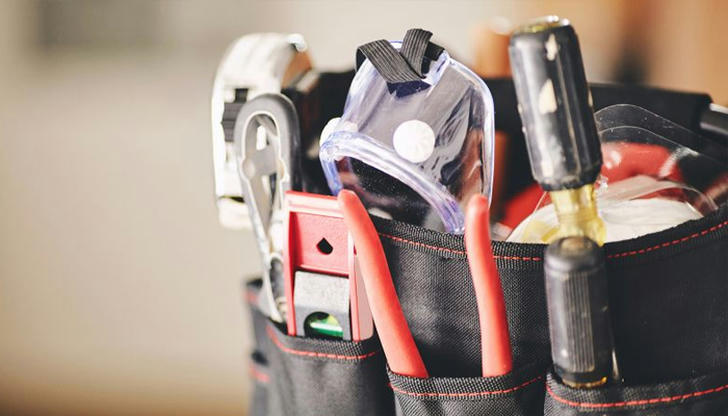
** Know When to Walk Away:** If a tool feels flimsy or lacks basic functionality, skip it. A quality tool, even at a slightly higher price, will serve you better in the long run.
4. Find bargains on used tools.
** Garage Sales and Flea Markets:** Spend a weekend morning exploring these hidden gems. You might be surprised by the quality tools you can find at a fraction of the retail price. Be sure to test the tools out before you buy them.
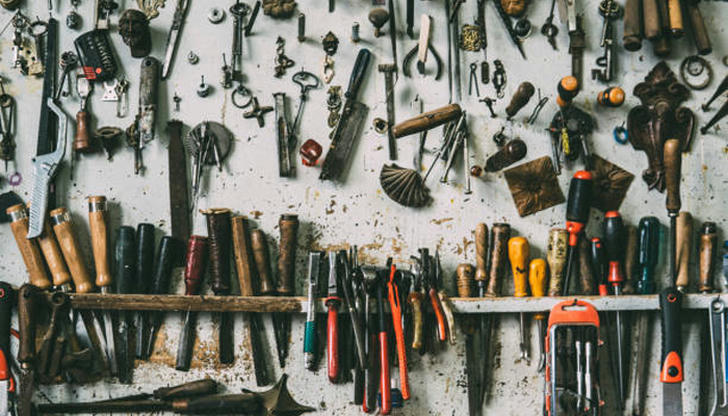
** Online Marketplaces:** Platforms like Facebook Marketplace, Craigslist, and OfferUp often have listings for used tools. Be sure to inspect the tool thoroughly before purchasing. Look for any signs of damage or rust.
** Pawn Shops:** Pawn shops can be a goldmine for tools, but be cautious. Inspect the tool for functionality and any hidden damage. Negotiate the price to ensure you get a good deal.
5. Not Owning Everything
Do you have a friend or neighbor with the tool you need? Borrowing can be a fantastic way to save money, but always offer to return the tool promptly and in good condition. Let them know how much you appreciate their help.
Many hardware stores and home improvement centers offer tool rental services. This is a great option for specialized tools you might not use frequently. Renting allows you to tackle a wider range of projects without a significant upfront investment.
6. Streamlining Your Toolkit
Instead of acquiring a separate tool for every task, consider multi-purpose options. A good quality multi-tool can replace a toolbox full of screwdrivers, pliers, knives, and more. They're perfect for everyday tasks and emergencies. A well-made multi-tool can be a lifesaver!
Invest in a set of screwdrivers with interchangeable bits. This eliminates the need for multiple individual screwdrivers while offering a variety of options for tackling different screw types. It saves you money and precious space in your toolbox.
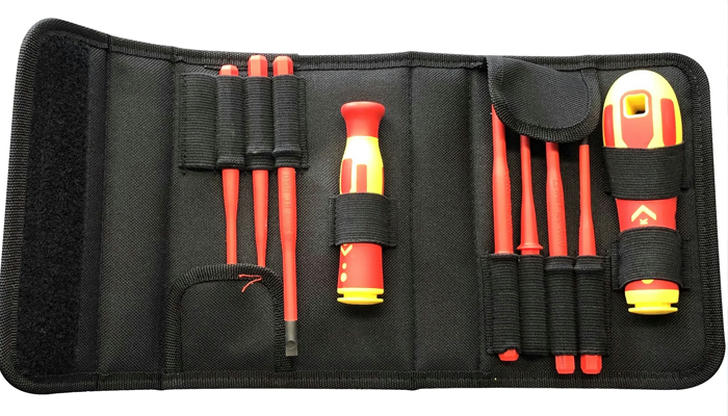
By following these strategies, you can find affordable, quality tools that empower you to take charge of your DIY projects with confidence. Remember, the most important factor is choosing the right tool for the job, one that fits your budget and skill level.
